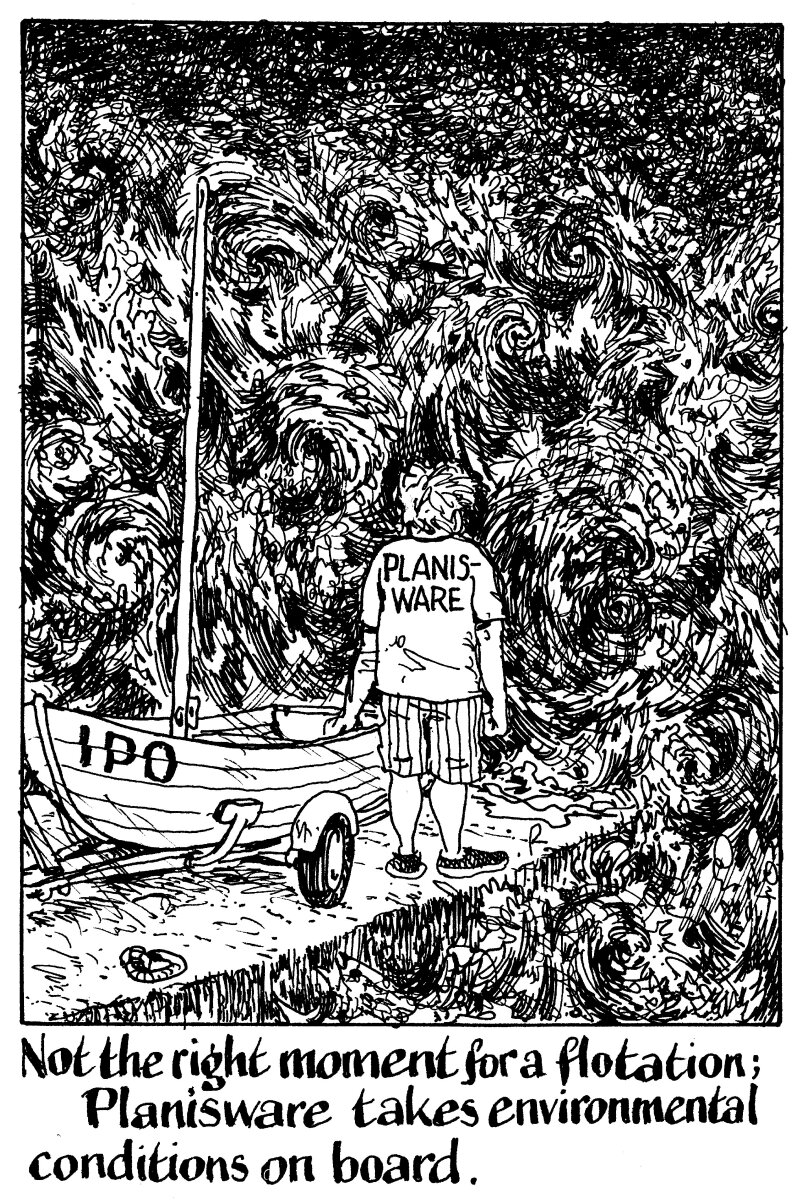
The decrepit state of Europe’s IPO market has once again been highlighted, with two deals pulled at the last minute despite final price guidance having been issued.
Last week, Renk, the German maker of parts for defence vehicles, cancelled its IPO the night before the shares were scheduled to begin trading on the Frankfurt Stock Exchange.
Planisware, the French software company, this week also pulled its flotation at the last minute. It would have been the biggest in Paris for two years.
In both cases, the books had been closed and the issuers had told the market that their IPOs were expected to price at the bottom of the initial range and that the deals were oversubscribed — only to then call them off.
Planisware and Renk both blamed a deterioration in sentiment in equity markets over the past fortnight, which was sparked by rates volatility in the wake of the last US Federal Reserve meeting and the outbreak of conflict between Israel and Hamas at the weekend.
Nobody doubts how tough the backdrop for the market is, with a deep slump in IPO volumes this year. The decision to pull an IPO after many hours of work is always a difficult one to take for a company, its owners, its advisers, and the investors who committed to buy stock. It is never taken lightly.
But the optics of it are so much worse when it happens at the very last moment. Nothing had emerged in those final moments that had not already been a problem while the sellers were still telling the market the deal was good enough to close.
This previously unusual behaviour seems to be becoming a regular feature but it does the broader market no favours. Investors need a degree of certainty if they are expected to pledge cash at higher valuations. If sellers won’t commit to a deal, they cannot expect buyers to either.
